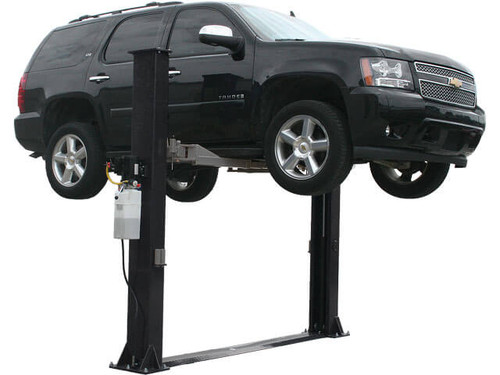BeSmartee.com quoted me in What Happens to My Mortgage When My Spouse Dies? It opens,
We would like to help by answering the question of what happens to your mortgage when your spouse dies, and we’ve asked several experts to chime in.
It’s bad enough when your spouse dies, but to also worry about what will happen with your mortgage only adds to the turmoil. We would like to help by answering the question of what happens to your mortgage when your spouse dies, and we’ve asked several experts to chime in.
When You Are on the Deed
If you and your spouse took out a mortgage loan together, you would then be responsible for paying the mortgage by yourself if your spouse dies. ”If the surviving spouses’ name is on the mortgage, they are now responsible for the entire mortgage,” says Randall R. Saxton, a Madison, MS, attorney. But you have inherited your spouses’ half of the home, which typically means you don’t need to change the title.
Your partner’s passing doesn’t disqualify the mortgage or let the lender call it in immediately, using a ”due-on-sale” clause. Such clauses let mortgage lenders demand the entire mortgage be paid if a new owner assumes the mortgage, or they take the house back. But the Garn-St. Germain Depository Institutions Act of 1982 prohibits lenders from using the due-on-sale clause when your spouse dies. But you would need to be able to handle the mortgage payments on your own to keep the house. ”While the lender cannot automatically foreclose due to the death of the mortgagee, they will be able to foreclose if the surviving spouse is unable to pay,” says Saxton.
Saxton has a suggestion: ”I always recommend life insurance policies, which would enable the surviving spouse to either pay off or maintain the payments of the mortgage.”
When You Are Not on the Deed
If you are not on the mortgage deed and your partner dies, your partner’s will should determine whether you get the house. If your partner didn’t have a will, your spouses’ assets will be distributed according to your state’s intestate laws.
Typically you, as the surviving spouse, will get your spouses’ assets after all expenses, such as funeral expenses and other debts, are paid. If there are enough assets in the estate, the mortgage will be paid. ”The estate will pay off the mortgage during probate,” says Aviva S. Pinto, CDFA, a wealth advisor at Bronfman E. L. Rothschild in New York City. ”If there are not sufficient assets to cover all debts, the house will have to be sold to pay off the debt,” says Pinto.
If you have children, your share is split with them. ”For example, if there is only one child of the deceased, the surviving spouse will own 50 percent of the property, and the child will own 50 percent of the property,” says Saxton. ”If neither [of you] pay the mortgage, the lender will be able to foreclose.”
Your Mortgage Lender Should Offer Help
No matter your particular situation, if your partner dies, you should contact your mortgage lender as soon as possible. They can help guide you on what will happen and your options. ”The Consumer Financial Protection Bureau has recently issued a rule to provide more protections to the survivors of a homeowner,” says David Reiss, professor of law at Brooklyn Law School. ”The rule gives widowed spouses some help in dealing with mortgage issues at a difficult time.”
Here are some specifics on how your mortgage lender can help, according to Reiss:
1. Mortgage servicers have to tell the widowed spouse about the documents that are necessary to confirm his or her status as a successor in interest to the deceased spouse.
2. Servicers are also required to provide many of the same notices and documents to the surviving spouse who is a successor in interest that the deceased spouse would have received.








